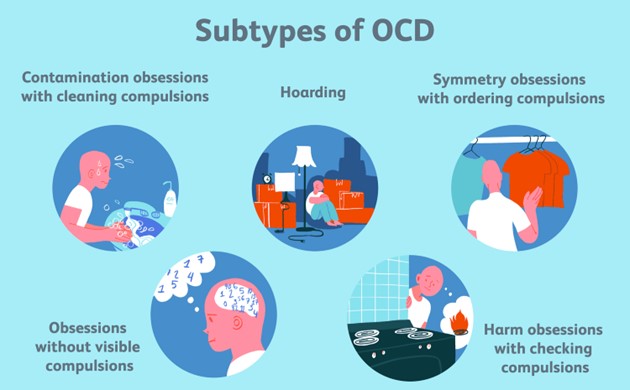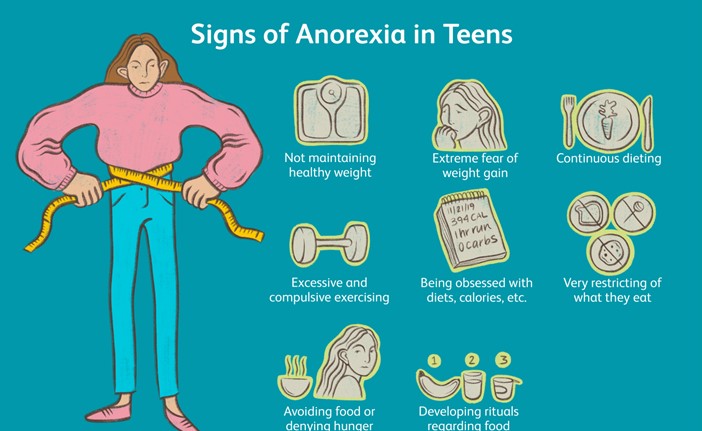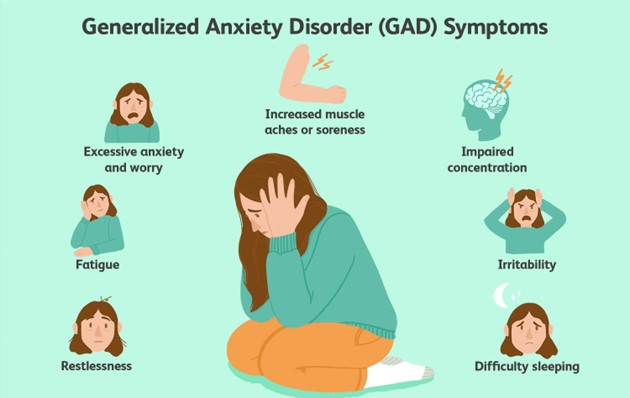A nurse is collecting data from a client who has obsessive-compulsive disorder (OCD) and finds that the client demonstrates constant repetitive cleaning. The nurse should realize that the client's repetitive behaviors occur due to which of the following?
The client's attempt to decrease anxiety.
The client's wish to decrease the time available for interaction with others.
The client's unconscious need to manipulate others.
The client's delusion that cleaning is necessary.
The Correct Answer is A
As clients with obsessive-compulsive disorder (OCD) often demonstrate repetitive behaviors to decrease anxiety. Cleaning or other repetitive behaviors help the client with OCD to cope with their anxiety by providing a sense of control over their environment.
 Choice B, the client's wish to decrease the time available for interaction with others, is not a characteristic of OCD and does not explain the client's behavior. Choice C, the client's unconscious need to manipulate others, is a personality trait that is not associated with OCD.
Choice B, the client's wish to decrease the time available for interaction with others, is not a characteristic of OCD and does not explain the client's behavior. Choice C, the client's unconscious need to manipulate others, is a personality trait that is not associated with OCD.
Choice D, the client's delusion that cleaning is necessary, is not an accurate explanation for the behavior in this situation as the client is aware of their excessive cleaning behavior and it is not a delusion. The repetitive behavior is related to the client's anxiety, not a delusional belief.
Nursing Test Bank
Naxlex Comprehensive Predictor Exams
Related Questions
Correct Answer is C
Explanation
Constipation. Constipation is a common symptom of anorexia nervosa, as it can result from severe food restriction, dehydration, electrolyte imbalance, or laxative abuse. People with anorexia may also experience abdominal pain and bloating due to constipation.

Choice A. Hyperkalemia. Hyperkalemia is a condition of high potassium levels in the blood. It is not a typical symptom of anorexia, as people with anorexia tend to have low potassium levels due to vomiting, diuretic use, or inadequate intake.
Hyperkalemia can cause irregular heart rhythms, muscle weakness, and paralysis.
Choice B. Tachycardia. Tachycardia is a condition of fast heart rate. It is not a common symptom of anorexia, as people with anorexia tend to have bradycardia, which is a slow heart rate. Bradycardia can result from starvation, dehydration, or electrolyte imbalance and can lead to cardiac arrest. Tachycardia can occur in some cases of anorexia due to dehydration, anxiety or refeeding syndrome.
Choice D. Metrorrhagia. Metrorrhagia is a condition of irregular or excessive bleeding between menstrual periods. It is not a usual symptom of anorexia, as people with anorexia tend to have amenorrhea, which is the absence of
Correct Answer is A
Explanation
Moderate. According to the Mayo Clinic moderate anxiety is characterized by symptoms such as loud and rapid speech, difficulty concentrating, restlessness, and increased worry. The client's behavior matches these symptoms, indicating that they are experiencing moderate anxiety.

Choice B. Panic is incorrect because panic is a severe form of anxiety that involves symptoms such as chest pain, shortness of breath, trembling, and a sense of impending doom. The client does not exhibit these symptoms.
Choice C. Severe is incorrect because severe anxiety is marked by symptoms such as irrational fear, detachment from reality, hallucinations, and loss of control¹². The client does not show these symptoms.
Choice D. Mild is incorrect because mild anxiety is associated with symptoms such as nervousness, increased alertness, and slight discomfort¹². The client's symptoms are more intense than mild anxiety.
Whether you are a student looking to ace your exams or a practicing nurse seeking to enhance your expertise , our nursing education contents will empower you with the confidence and competence to make a difference in the lives of patients and become a respected leader in the healthcare field.
Visit Naxlex, invest in your future and unlock endless possibilities with our unparalleled nursing education contents today
Report Wrong Answer on the Current Question
Do you disagree with the answer? If yes, what is your expected answer? Explain.
Kindly be descriptive with the issue you are facing.
